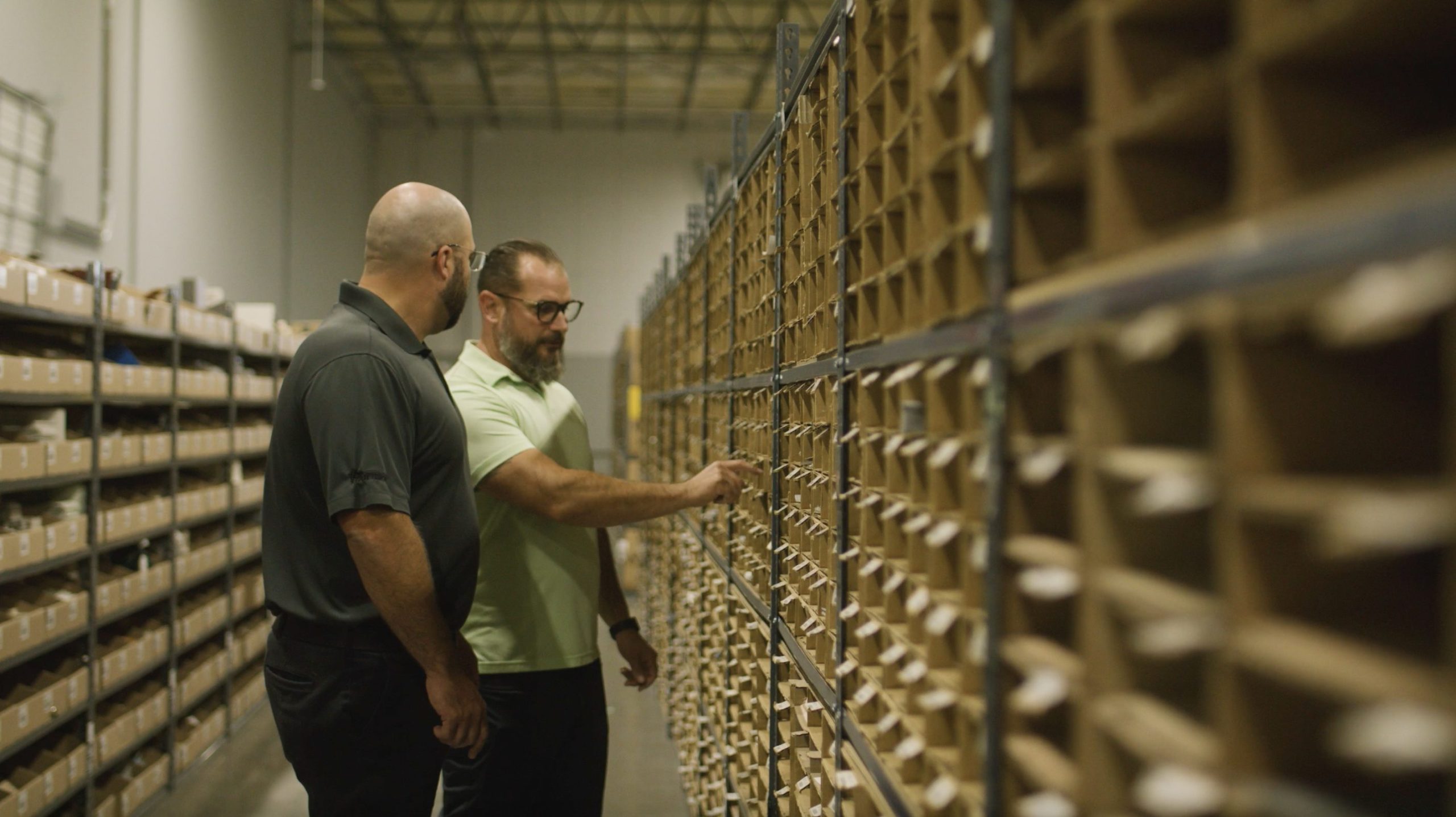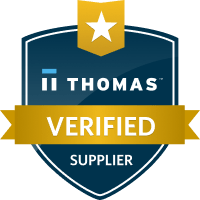
As customer expectations for faster delivery continue to rise, supply chains are shrinking—in geography, not complexity. Enter microfulfillment: a fast-growing trend that’s reshaping the way products move, especially in retail, e-commerce, and grocery. But while this shift brings speed and convenience to the consumer, it also presents a new challenge for operations leaders: rethinking workforce strategy from the ground up.
Here’s what you need to know about microfulfillment—and how it’s changing the rules for labor planning and execution.
What Is Microfulfillment?
Microfulfillment refers to the practice of fulfilling online orders from small, local distribution hubs—often embedded within or near urban retail spaces—rather than from large, centralized distribution centers. These microfulfillment centers (MFCs) use automation and intelligent inventory systems to process orders quickly, often enabling same-day or next-day delivery.
Unlike traditional warehouses, MFCs are compact, tech-powered, and positioned much closer to the customer. Think of them as the last-mile accelerators of the supply chain.
Industries Leading the Charge
Several sectors are driving the adoption of microfulfillment in 2025:
- E-commerce & Retail: Brands competing with Amazon’s delivery speed are adopting MFCs in malls or vacant storefronts to fulfill local orders.
- Grocery & Convenience: Grocers are using microfulfillment to enable rapid online grocery pickup and delivery—especially for fresh and perishable items.
- Health & Beauty: Pharmacy chains and personal care retailers use MFCs to deliver sensitive or fast-moving products directly to consumers.
- CPG (Consumer Packaged Goods): Manufacturers are bypassing traditional distribution channels and sending popular SKUs directly from local hubs to customers.
The common denominator? Speed, availability, and flexibility.
How Microfulfillment Impacts Workforce Planning
With this shift, the workforce model also needs to shift. Microfulfillment isn’t just a different layout—it’s a different rhythm, skill set, and staffing requirement.
🔄 Increased Need for Flexible, Cross-Trained Labor
Microfulfillment centers often run on lean teams that need to perform multiple functions—receiving, picking, packing, customer service, and returns processing. Unlike specialized roles in larger facilities, MFC staff must wear many hats, and fast.
Implication: Workforce planning must focus on cross-training, multi-role scheduling, and building a bench of adaptable employees.
🕒 More Part-Time and Split Shifts
Because MFCs operate on tight delivery windows and fluctuating order volumes, shift scheduling becomes more dynamic. Employers may need more part-time workers or split shifts aligned with peak order times (e.g., lunch or evening delivery cutoffs).
Implication: Staffing strategies must be granular and data-informed, responding to local demand trends—not national averages.
🤖 Tech-Enabled Roles and Upskilling
Many MFCs use automation for order picking, packing, and inventory tracking. Workers need to interface with robotics, software systems, and IoT devices.
Implication: Companies must invest in tech training to ensure workers can collaborate with automation and troubleshoot issues in real-time.
👥 Customer-Facing Skills Required
Some MFCs include curbside pickup or even in-store order handoffs, bringing warehouse employees into direct contact with customers.
Implication: Soft skills like communication, problem-solving, and professionalism are more critical than ever—blurring the line between warehouse and retail work.
The Big Picture: More Sites, More Complexity
Instead of staffing one large fulfillment center, companies may now need to staff dozens or hundreds of micro sites across regions. That adds logistical complexity to workforce planning: local labor availability, compliance with regional labor laws, training consistency, and cultural alignment all become more difficult—and more important.
How iJility Helps Companies Scale with Microfulfillment
At iJility, we understand that microfulfillment success isn’t just about speed—it’s about people. Our approach to workforce solutions is built for adaptability and scale:
- Flexible Staffing Models: Whether you need full-time leads, part-time pickers, or on-call floaters, we customize the workforce to each site’s unique rhythm.
- Cross-Training Programs: We help build multi-skilled teams ready to shift between tasks and roles as volume and tech demands change.
- Rapid Onboarding and Site Launch Support: From first wave to full scale, we deploy trained teams fast—without sacrificing quality or compliance.
Whether you’re piloting a few MFCs or rolling out a regional strategy, we can help you scale confidently with a high-performance workforce that’s ready for anything.
About iJility
iJility partners with companies to create customized workforce solutions that deliver consistency, speed, and cost control—whether in large-scale fulfillment centers or high-performance microfulfillment sites. We focus on people-powered transformation to help operations leaders meet today’s demands with tomorrow’s workforce.
Schedule a discovery call today and find out how we can support your next move in microfulfillment.
Author: Mitch Gant


